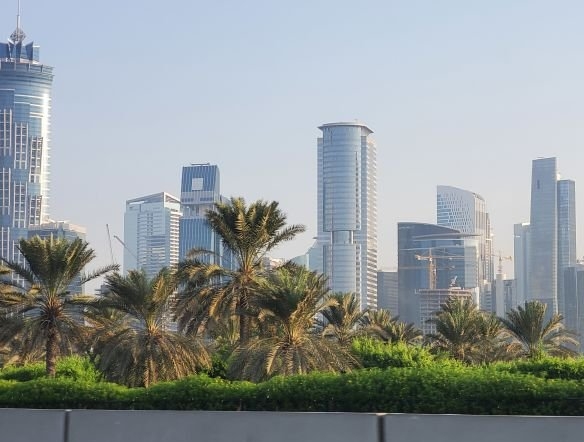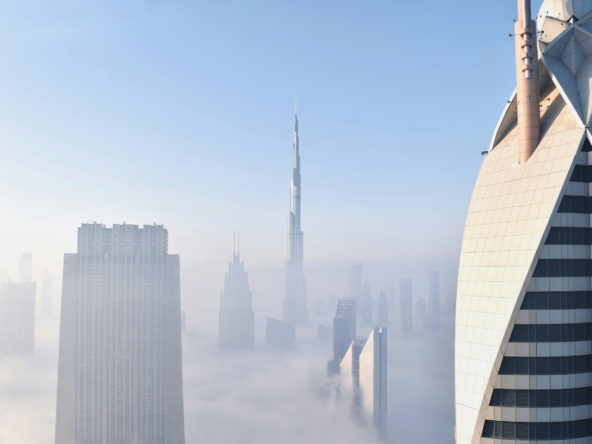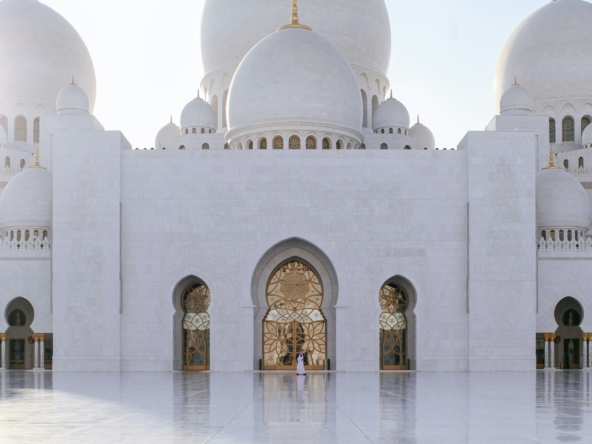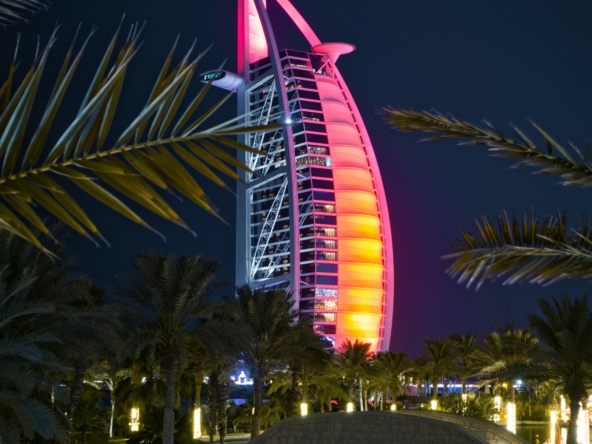Dubai has long been a hub for innovation, luxury, and economic growth. Known for its towering skyscrapers, luxury malls, and cutting-edge developments, the city has attracted investors from all over the world. Two key elements contributing to Dubai’s investment landscape are the real estate market and the country’s currency floatation policy. In this article, we will explore both of these factors and how they play a crucial role in the city’s booming economy.
Real Estate Investment in Dubai
Dubai’s real estate sector is one of the most attractive investment opportunities in the Middle East. The city’s strategic location, modern infrastructure, and business-friendly environment have made it a magnet for both local and international investors. Over the past two decades, Dubai’s real estate market has seen impressive growth, characterized by iconic developments such as the Burj Khalifa, Palm Jumeirah, and Dubai Marina.
The city’s real estate market offers a diverse range of investment opportunities, from luxury villas and high-rise apartments to commercial properties and industrial spaces. This diversity allows investors to choose from a wide array of options based on their preferences, risk tolerance, and investment goals.
Several factors contribute to Dubai’s real estate appeal:
- High Rental Yields: Dubai offers some of the highest rental yields globally, making it a lucrative market for investors seeking regular income. Depending on the location and type of property, rental yields can range from 5% to 10%, higher than in many Western cities.
- Tax Benefits: Dubai is known for its favorable tax policies. There is no income tax, capital gains tax, or inheritance tax on properties, making it an attractive destination for investors looking to maximize returns. Additionally, the UAE has signed numerous double taxation treaties, further enhancing its investment appeal.
- Regulatory Reforms: The government of Dubai has implemented several reforms to improve transparency and attract foreign investment. The introduction of laws allowing 100% foreign ownership in certain sectors, and the establishment of freehold zones where foreigners can buy property, have been pivotal in boosting investor confidence.
- Infrastructure Development: Dubai continues to invest heavily in infrastructure projects. The expansion of the metro system, the development of new airports, and the hosting of global events like Expo 2020 further enhance the city’s appeal to investors.
Currency Floatation and Its Impact
Dubai is part of the United Arab Emirates (UAE), and the country’s currency, the dirham (AED), is pegged to the US dollar. This peg has had significant implications for both the real estate market and the broader economy. However, there have been discussions around the potential of allowing the dirham to float freely, which could lead to greater market flexibility and influence.
The decision to maintain the peg to the dollar offers stability to investors, particularly those involved in cross-border transactions. The US dollar is one of the world’s most stable currencies, and its association with the dirham reduces exchange rate risks. For real estate investors, this provides a level of certainty when buying or selling properties, as the value of their investments is less likely to fluctuate due to currency devaluation or inflation.
However, there are both advantages and disadvantages to a currency peg. On the one hand, the peg helps maintain economic stability by limiting inflation and encouraging investment. On the other hand, it can limit the central bank’s ability to control interest rates or address domestic economic issues, such as inflationary pressures from global oil price fluctuations.
A potential shift toward allowing the dirham to float could have significant consequences. A floating currency could lead to a more flexible exchange rate, which may benefit or challenge investors depending on the direction of the exchange rate. If the value of the dirham were to strengthen against the US dollar, it could make property investments more expensive for foreign investors, potentially cooling demand. Conversely, a weaker dirham could make Dubai’s real estate market more attractive to international buyers.
The Interplay Between Real Estate and Currency Flotation
In Dubai, the interplay between real estate investment and currency policies is crucial. Foreign investors are often sensitive to currency fluctuations, as exchange rates can affect the overall cost of investment and potential returns. While a currency float could offer more freedom in monetary policy, its impact on Dubai’s real estate market remains uncertain.
If the dirham were to float, real estate prices could become more volatile, which might deter some investors. However, others may view this as an opportunity to capitalize on favorable exchange rate movements. The Dubai government’s ability to balance fiscal policies, currency stability, and real estate growth will be critical in determining the long-term outlook of the city’s investment climate.
Dubai’s real estate market remains one of the most attractive investment options globally, thanks to its favorable tax regime, high rental yields, and ongoing infrastructure development. While the currency peg to the US dollar has provided stability, the potential for currency floatation raises both opportunities and challenges for investors. Regardless of future currency policies, Dubai’s position as a global financial hub with a thriving real estate sector is likely to remain a key driver of investment in the coming years. As long as investors remain informed and adapt to changes in the economic landscape, Dubai will continue to offer exciting prospects for real estate investment.



